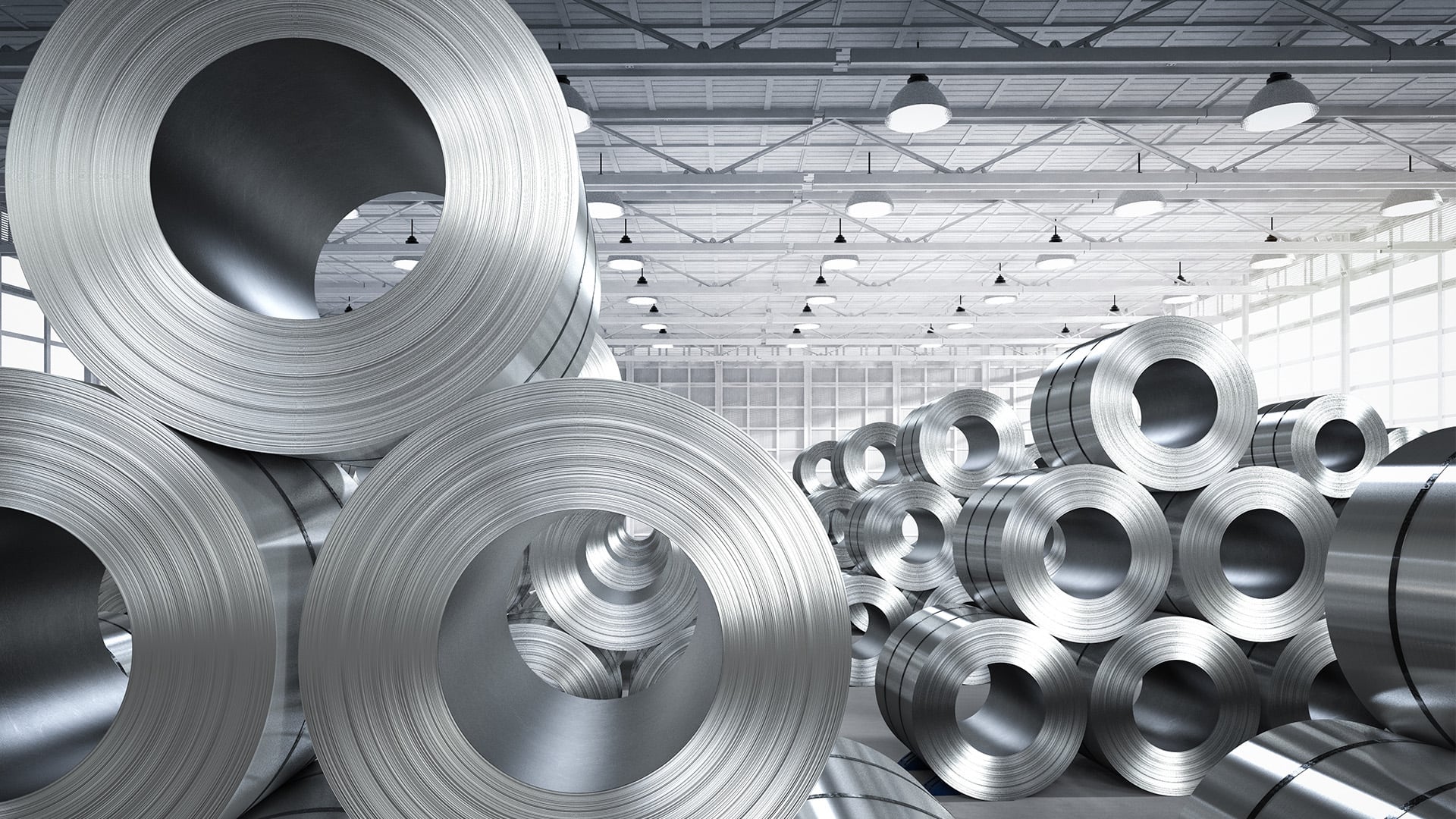Properties of Titanium:
1. Lightweight: Titanium is a relatively lightweight element when compared to durable metals like iron. This makes it a preferred choice for reducing the weight of vehicles such as airplanes, spacecraft, and automobiles.
2. Durability: Titanium possesses high strength and corrosion resistance, making it resistant to various chemicals such as seawater, acids, and bases.
3. High Melting Point: Titanium has a relatively high melting point, allowing it to withstand high temperatures.
4. Good Conductivity: Titanium is a good electrical conductor, making it useful in the electrical industry.
5. Biocompatibility: Titanium is easily tolerated by the human body, making it an ideal material for medical implants and prosthetics.
Applications:
1. Aerospace Industry: Titanium's combination of lightweight and durability is beneficial for the construction of aircraft bodies and engine components, improving fuel efficiency.
2. Space Industry: Titanium is used in the construction of spacecraft bodies and engines due to the need for high strength and low weight in space.
3. Chemical Industry: Titanium is used in equipment for chemical processes because of its resistance to corrosion.
4. Medical Field: Titanium is commonly used for medical implants (e.g., hip prostheses, dental implants) due to its biocompatibility.
5. Defense Industry: Titanium's durability is valuable for applications in armor and military vehicles.
6. Sports Equipment: Titanium is used in the construction of sports equipment such as golf clubs, bicycle frames, and tennis rackets.
7. Other Industries: Titanium finds applications in various industries, including maritime, nuclear energy production, petrochemical, and more.
The unique properties of titanium and its versatility in various industries make it an important and multifaceted material.
